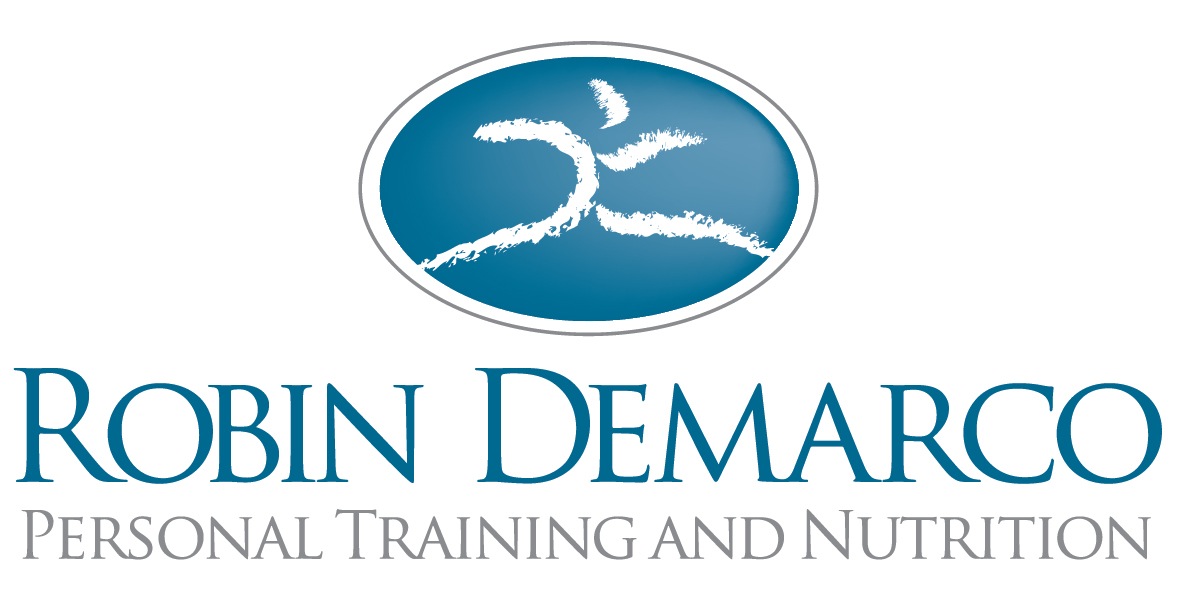Currently, there is a lot of controversy over the use of soy products, especially in their ubiquitous form of protein bars, protein powder, ice cream, cheese products, milk replacements, and pills. The Asian people have incorporated soy in the form of tofu, tempeh, miso, tamari, Soya sauce, for a long time. It is a part of their culinary history. However, in China they use very little in their daily diets, only about 10 grams (2 teaspoons), and in Japan daily consumption is about 30 to 60 grams per day. These soy products are used as condiments, meaning that they serve as additions or flavorings to their food, not a substitute for animal protein. And most of this soy used is in the form of fermented soy such as tempeh, natto, tamari, soy sauce, and not as protein isolate powders, protein bars, substitute cheese, and soy ice cream products.
Unfermented soy products contain toxins in the form of phytates and trypsin inhibitors, the former of which leach important nutrient minerals such as calcium, magnesium, zinc, and iron from the body, and the later which interfere with protein digestion and affect normal pancreatic function.
All soy contains phytoestrogens which are endocrine inhibitors that affect the hormonal balance in babies, growing children, women, and men alike. Soy also has a potent antithyroid affect upon the thyroid gland and its hormones, and increases the body's need for vitamin D, which is important for strong bone health and in preventing osteoporosis. The native protein present in soy is fragile and is easily denatured, or broken down, by the use of high temperatures required for the production of soy protein isolate and textured soy vegetable protein. The by-products of this high temperature processing results in the formation of carcinogenic nitrosamines and toxic lysinoalanine. Because of this problem, soy protein isolate products should not be the protein of choice for the human body. In addition, highly processed soy products may contain high levels of aluminum which is toxic to the body, especially the kidneys, the nervous system, and the brain.
If you need to use protein supplements, which are recommended for vegetarian and vegan diets, then the best choices would include whey protein (if you are not allergic to milk and dairy products), and rice protein, which is not highly allergenic. High quality whey protein is useful in detoxification of the body and is an excellent choice for balanced amino acid supplementation. You might also want to check out hemp protein and other newer protein sources.
As far as healthy fast food choices, you might want to use a handful of nuts, along with fresh cut vegetables such as carrot sticks, celery, broccoli, cucumber sticks, etc. which can be prepared the night before and refrigerated until ready for use. Almost all pre-prepared package foods contain additives, coloring agents, high salt, and/or high fat content, so it is wise to use raw, fresh vegetables and nuts in their raw natural state without added fat and salt. This way you can be assured that you are getting the freshest most natural products available and they will give you the necessary enzymes needed by the body, and also will help with your weight maintenance and loss. Good luck in your healthy eating habits!
